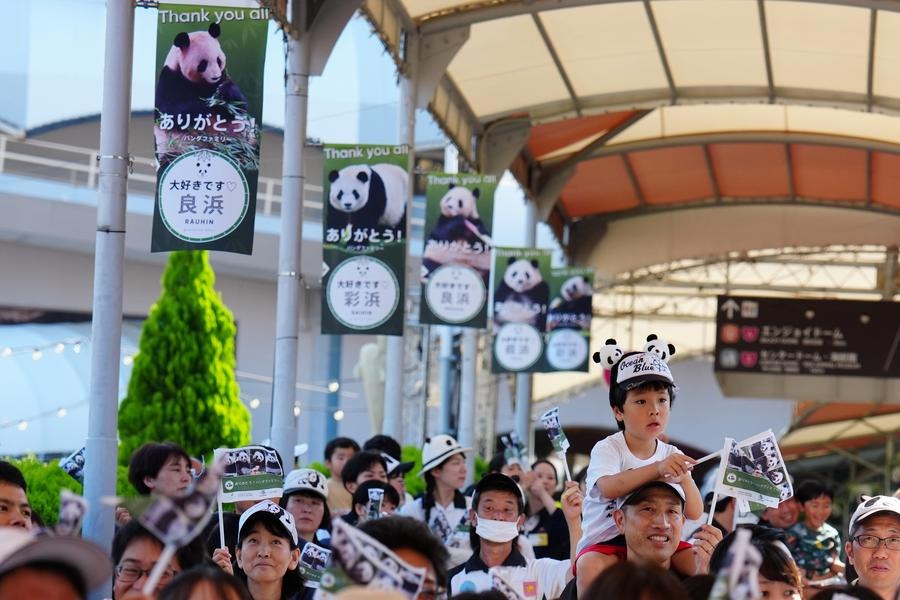Holiday spots will need to calm nerves


Holiday destinations must better understand and cater to the needs of travelers and tourists as the novel coronavirus pandemic lockdown eases, according to an expert.
Travel and tourism has been hit hard by the lockdown, and destinations are now doing everything they can to show that their tourist hot spots are safe to visit.
Resorts are prioritizing safety with face-masks and disinfectant on hand, and protective screens placed around sun loungers as social distancing becomes the new normal on beaches in Greece, Spain and Italy.
While this is a step forward, Martine Ainsworth-Wells, director of destination consultancy A&W, believes venues and attractions should make efforts to learn what their customers need.
"Places can physically change all they like and try as hard as they can to appear 'safe', but they will fail if they don't consider their customers views first," Ainsworth-Wells said.
Questions such as if the customer prefer to pay a little premium to be in a venue or resort with less people … or would they rather pay a discounted rate and accept that screens between sun loungers, exhibits, restaurant tables and constant highly visual cleaning is the way they can partake in a leisure experience would need to be addressed, she said.
Holidaymakers will also have to take more decisions on activities and destinations and establish "COVID-19 travel values".
"For example, it may be that they decide only to visit quieter destinations off-season because they don't want the inconveniences that visiting busier places in high season may present," she said.
Small walking tours could grow in popularity, and more personal services might be favored, such as picnics bought from a restaurant to take to a park, rather than eating in a confined setting, she added.
It's expected that digital platforms will play a bigger part in the way people choose their next holiday.
When travel restrictions were put in place, tourist boards around the world took to social media to share the message "dream now, visit later".
"Stunning videos, photography, clever competitions and interactivity has been keeping digital teams within the tourism sector busy. Digital and online will continue play a big role in a post-COVID-19 world but it will have to directly play to the consumer's needs," said Ainsworth-Wells.
Augmented reality will not only be used to show off beauty spots but tourism officials could use this to show visitors that they are COVID-19 ready.
"So, the potential visitor will have to be able to walk down the beach to see how the sun loungers are spaced and divided before they book the trip," Ainsworth-Wells said, or travelers could even book a sun lounger in advance.
"At present, we are seeing established attractions enforce time-slots and advance bookings as mandatory in order to manage numbers, capacity and visitor flow. I think this aspect for visitor management will stay with us long after COVID-19 has gone," she added.

































